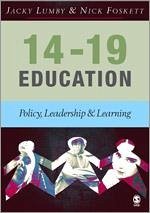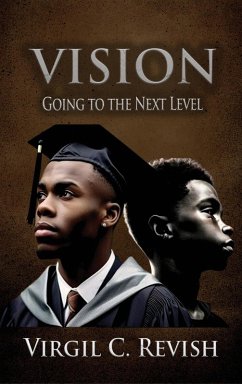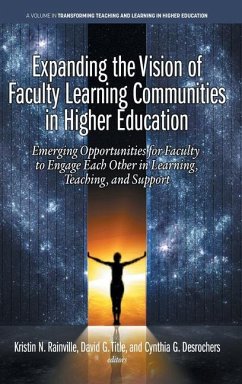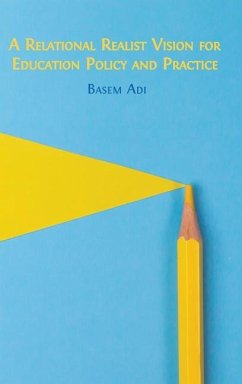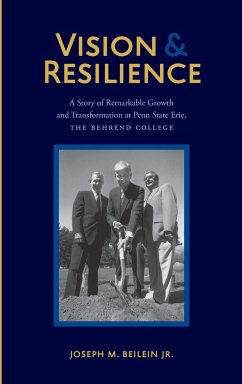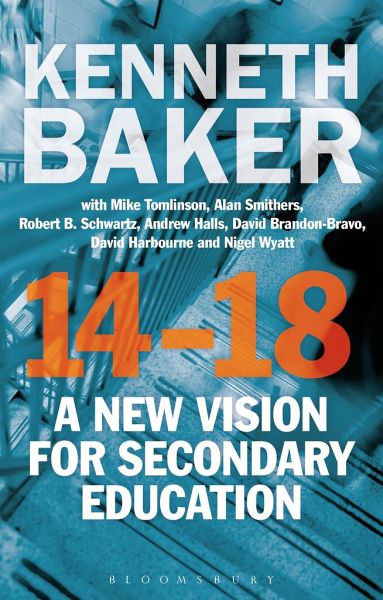
14-18 - A New Vision for Secondary Education
Versandkostenfrei!
Versandfertig in 1-2 Wochen
103,99 €
inkl. MwSt.
Weitere Ausgaben:

PAYBACK Punkte
52 °P sammeln!
Former Secretary of State for Education Kenneth Baker claims that secondary education has become a five-year programme with a single, narrow aim: to prepare pupils for high-stakes GCSE exams at 16. From 2015, all young people will be legally required to stay in education or training until they are 18. Kenneth Baker sees this as a historic opportunity to re-think the aims and structure of English education. He argues that the National Curriculum should extend only to the age of 14 and that there should be four distinct pathways from 14-18 to take account of young people's emerging interests tal...
Former Secretary of State for Education Kenneth Baker claims that secondary education has become a five-year programme with a single, narrow aim: to prepare pupils for high-stakes GCSE exams at 16. From 2015, all young people will be legally required to stay in education or training until they are 18. Kenneth Baker sees this as a historic opportunity to re-think the aims and structure of English education. He argues that the National Curriculum should extend only to the age of 14 and that there should be four distinct pathways from 14-18 to take account of young people's emerging interests talents and ambitions: Liberal Arts; Technical; Sports and Creative Arts; and Career. All pathways will provide a broad education, but each will have a distinctive character matched to the talents and ambitions of individual students. In 14-18 - A New Vision for Secondary Education, Kenneth Baker builds a compelling case for reform, with contributions from a range of educationalists who draw on the history of English education, practice elsewhere in the world, and their experiences. An essential read for anyone interested in the future of secondary education.





